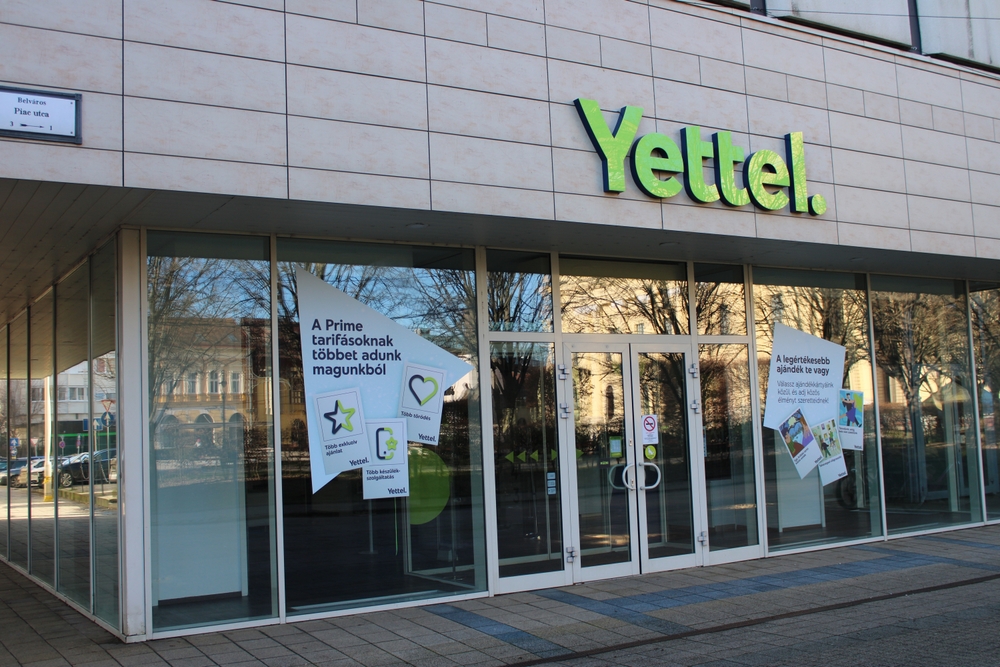Private banking: shrinking margins, stagnating client base

The following article is from the February 13-26 print edition of the Budapest Business Journal.
While the 2008 financial crisis questioned the justification for structured products globally, the recent decision of the Swiss National Bank to scrap the euro peg has revealed risks – not previously perceived by domestic investors – for the entire Hungarian market of derivative funds, according to Blochamps Capital CEO István Karagich.
Speaking at the February 4 presentation of his firm’s annual private banking survey, Karagich said that investors, who were spoiled by these funds before now, realize at last that yields and prices can move the wrong way, too. Karagich stressed that this is not necessarily a death knell for absolute yield funds. He said that, for a HUF 100 million portfolio, he would personally keep up to HUF 30 mln in a variety of the top ten Hungarian hedge funds. He maintained that the performance of these funds has been outstanding even on an international scale. In addition, in the low-interest environment, these funds can ensure higher than average yields compared to other investment vehicles.
In Hungary’s private banking market, margins are shrinking further in the current low interest rate environment, thus growth will be driven by net new assets (NNA) rather than yields for the first time in ten years, said Karagich. The number of private banking clients has stagnated at between 18,000 and 20,000, while the number of such accounts is more than 46,000. As private banking clients usually have more than one account, Blochamps calculated with an average 2.3–2.5 accounts per client.
The market share of the eight or nine biggest private banking businesses is not expected to drop below the current 90%. However, only three or four big providers could be the real winners of the reorganization of the banking sector. According to Karagich, these include, for example, Erste, OTP, the Concorde Fund Manager and Gutmann. The private banking arms of Unicredit, K&H and CIB have the potential to be winners, but are in need of further developments.
The consequences of the excessive state involvement in the banking sector on high net worth individuals are as yet unseen, but it could strengthen capital flight from Hungary, warned Karagich. He pointed out that most private banking customers are not really attracted to state-backed service providers. That said, however, there is a set of wealthy business owners with close ties to the government, who may feel they are expected to keep some funds at, for instance, Takarékbank or MKB.
Seeking taxation abroad
Private investors may continue to geographically diversify their assets and seek taxation outside Hungary, although the way they do it has changed, said Karagich. Money is not carried abroad in large suitcases any more; instead it is transferred as, for instance, a dividend payment or director’s fees from companies outside the EU. Private banking clients tend to transfer any extra revenues abroad. More than half of the Hungarian private banking assets abroad are held in three countries, namely Switzerland, Austria and Luxembourg.
Funds deposited in foreign banks by Hungarians could increase by another HUF 200-300 billion in 2015, while the value of offshore deposits is estimated to be around HUF 3 trillion, according to Karagich. He pointed out that the value of Hungarian offshore deposits is only slightly lower than the value of deposits managed by the Hungarian private banking sector.
Tax amnesty
Karagich expects that the average new deposits in Stability Savings Accounts (SSA), which were designed to lure customers out of “off-shore” bank accounts, will further decline in 2015. He claims that those who wanted to return their assets to Hungary could have already done so, as in the past few years there has always been some kind of amnesty available. During the past three years, HUF 150 bln worth of funds returned to Hungary through one or other of these amnesties.
The HUF 8.5 bln in new SSA deposits made in the fourth quarter of 2014 is “dramatically low”, Karagich noted. Blochamps projects new deposits to reach only HUF 4 bln in the first quarter of this year, and HUF 8 bln in each of the remaining three quarters. The number of SSAs could increase from 610 at the end of Q4 2014 to 1,494 by the end of this year, while total deposits will be up from HUF 37.88 bln to HUF 72.39 bln in the same period. At least HUF 5 mln has to be deposited in an SSA and the same individual can open an unlimited number of accounts. The SSAs are available at OTP Bank, FHB, UniCredit Bank, Raiffeisen, MKB Erste, Gránit Bank, and, from January, K&H Bank.
The raison d’être of SSAs depends on whether the holders of domestic assets – rather than the owners of assets held abroad – will start taking advantage of the tax relief they offer, said Karagich. SSA holders may benefit from tax exemptions, while they do not have to justify the origin of these assets. Tax liability arises only when a part or the total sum is withdrawn from the account, however, if this happens after more than five years, the income is fully tax exempt.
SUPPORT THE BUDAPEST BUSINESS JOURNAL
Producing journalism that is worthy of the name is a costly business. For 27 years, the publishers, editors and reporters of the Budapest Business Journal have striven to bring you business news that works, information that you can trust, that is factual, accurate and presented without fear or favor.
Newspaper organizations across the globe have struggled to find a business model that allows them to continue to excel, without compromising their ability to perform. Most recently, some have experimented with the idea of involving their most important stakeholders, their readers.
We would like to offer that same opportunity to our readers. We would like to invite you to help us deliver the quality business journalism you require. Hit our Support the BBJ button and you can choose the how much and how often you send us your contributions.








